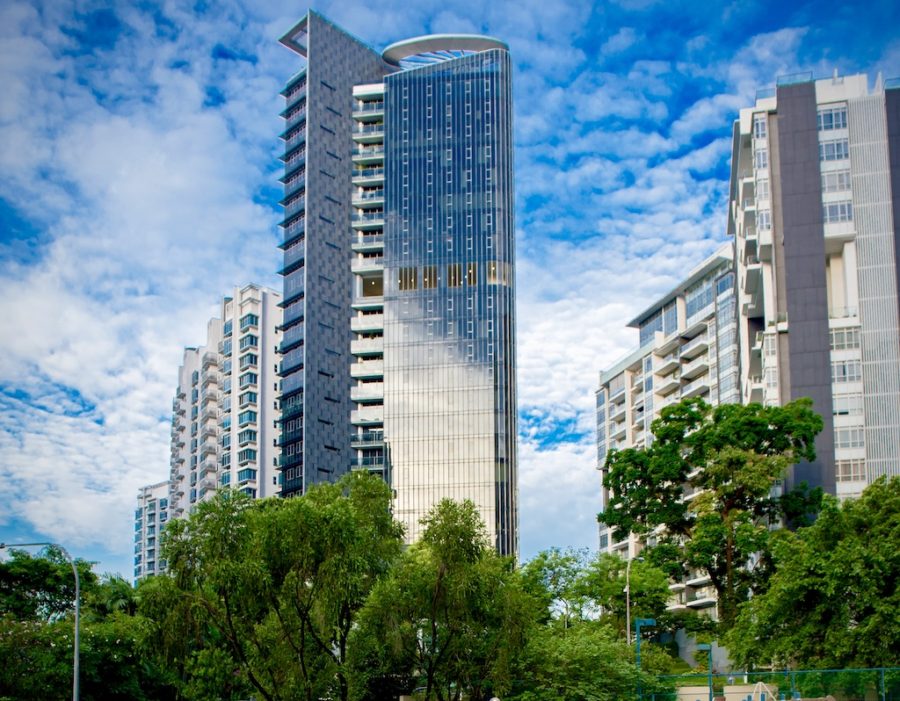
Is Buying Investment Property In Singapore A Good Retirement Strategy?
A recent research published by DBS Bank declaring that property may not be the best retirement investment affirms my view about investment property in Singapore. As the largest bank in Singapore and South East Asia, DBS is well positioned to make such a claim. From a study of 1.2 million of its retail customers, it depicted how both private and public property trails investments in the S&P500 index and Singapore REITs:

A week later, Business Times published an article comparing a simulation between permanent renting vs buying a condominium over a 60-year timeframe. The outcome arrived at was that ‘financially the difference between renting and buying is negligible’ and that ‘the choice to buy is no longer the default conclusion.’
Given these evidence, is it still wise to buy investment property in Singapore as a retirement strategy?
Although real estate has been my main vehicle to achieve financial freedom enabling retirement at 48, I have consciously stayed away from buying investment property in Singapore, except for a HDB apartment – subsidised public housing – bought just before relocating to the Netherlands in 2010.
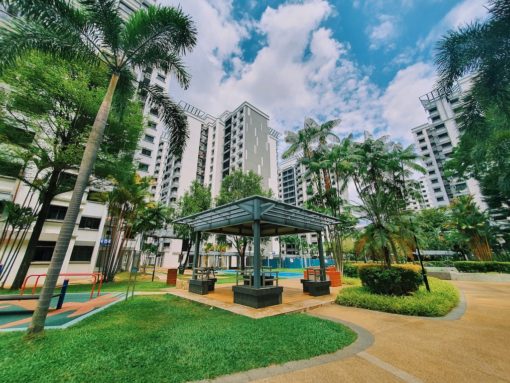
That purchase was made in the midst of the Global Financial Crisis. My intent then was to make use of idle pension money in my Central Providend Fund (CPF) to keep a footing in the Singapore property market and to ensure that I have a roof over my head should things go awry. A move that was more defensive than investment motivated. To this day though, I have regretted making use of my CPF funds to pay for the apartment instead of taking on a mortgage.
A summary of the DBS report:
- Property is no longer a guaranteed ‘nest egg’ due to uncertainty and lacklustre performance in recent times.
- Changing demographics and manpower policies negatively impacting housing demand.
- Salary growth has not kept pace with property price increases, ie affordability issue.
- High mortgage-to-income ratios inhibit retirement planning, especially for 30-49 age group.
- High acquisition costs compared to other asset classes.
I agree with the points and would further like to share my personal sentiment as additional food for thoughts.
Tax
In Singapore, rental income is taxed at personal income rate scale, while capital gains and dividends are not. It follows that the higher the rental income, the more one will be taxed, making it less tax efficient as an asset class. So owning multiple investment property, assuming no affordability issue, may not be wise.
Whereas in the Netherlands, rental income is not taxed as it falls outside of “Salaried Income”. A 1.2% wealth tax is payable instead, but only on the property’s assessed value (WOZ) over and above the outstanding mortgage. If the mortgage is higher than the assessed value, no tax is payable.
Return On Investment
Despite private property in Singapore commanding premium prices, gross rental yield is dismally low, averaging around 3% due primarily to the high acquisition costs. After factoring expenses such as insurance, maintenance and taxes, net yield can be as low as 1%-2%. Contrast this with average gross rental yield of 5%-12% in Fort Lauderdale, Florida and 5.8% – 8.5% in the Netherlands.
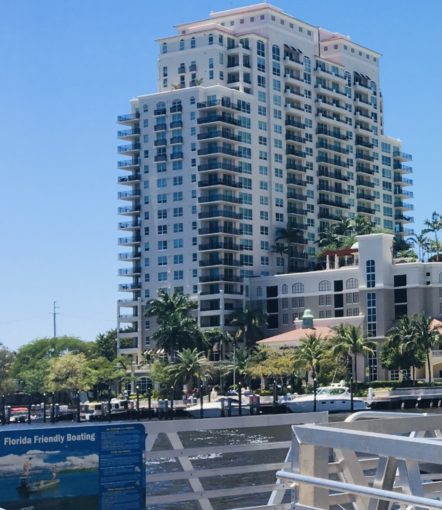
In addition, investment outlay is lower as Singapore property commands premium pricing per square footage given its status as a world city with excellent infrastructure, economic and political stability.
Having said that though, there has been an uptick in rental prices since late 2020 due to higher demand triggered by returning overseas workers/students, wider WFH adoption necessitating more living space, homeowners who are renting as they sold their homes to capitalise on current market prices, and buyers affected by construction delays due to global logistical issues. Even then, ROI is still a far cry compared to other countries or asset classes.
Capital Appreciation
Granted that not all property investors are after rental yield or cashflow, opting instead for capital appreciation. In retirement though, rental yield and steady cashflow are paramount since these pay for living expenses, medical costs and the niceties in life such as holidays, hobbies and happy hours 🙂
Investing for capital appreciation sometimes take years, up to a decade, to return a decent gain. Much depends on which part of the property cycle the purchase is made, market and economic conditions. In retirement, it always makes sense to go for the bird in hand as that means certainty and immediacy. Time is a resource one can ill afford.
Land Tenure
Due to the scarcity of land, most residential properties in Singapore are on leasehold 99-year tenure. Conventional belief is that leasehold properties are cheaper given the shorter tenure, hence boosting rental ROI.
This however, is not always true as some new leasehold developments are located near to MRT (metro) stations, shopping malls, schools, sport facilities and other amenities, making them highly desirable and commanding better prices. This means the difference between leasehold and freehold (fee simple) property may not be significant, thus cancelling out higher return.
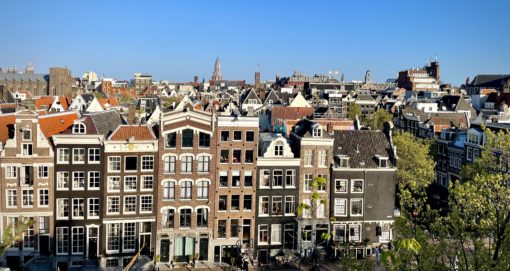
In US and the Netherlands, the reverse is true where majority of properties are freehold, which makes for better legacy planning and the property tend to hold their value better provided proper maintenance and upkeep are undertaken.
Financing Challenges
In Singapore, the value of leasehold properties nearing their 30-year mark decreases sharply so selling becomes a problem as banks generally do not finance properties with lesser than 70 years remaining lease. Even if financing is offered, it will be on shorter duration, jacking up monthly repayment and hence affecting affordability. This poses a great challenge when selling an older leasehold property.
Cooling Measures
No other government, except perhaps China, is more diligent in enacting cooling measures to arrest property prices than in Singapore. From additional stamp duties to loan-to-valuation limitation to debt servicing ratio and loan tenure restriction, a gamut of tools have been deployed.
Although new regulations are not applied retrospectively, the dampening effects restrict new buyers/investors and hence can have significant impact on existing property holders. From past experiences, cooling measures can be effected abruptly, causing much distress for investors since property is highly illiquid in nature.
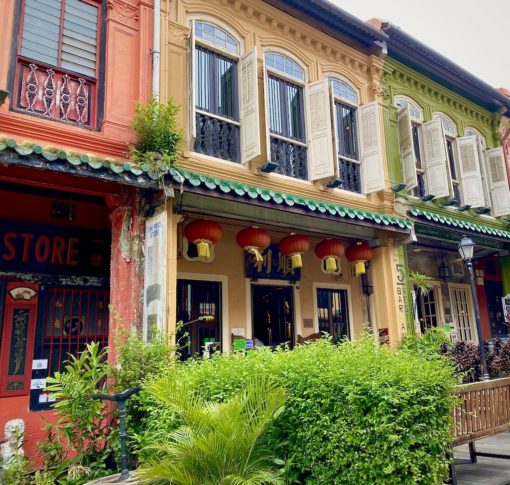
Conclusion
Like all types of investment, it pays to compare across markets due to variations in yield, tax and regulatory environment to sieve out the best deals that fit one’s comfort zone, investment goals and objectives.
The operative words here are ‘goals and objectives’. If, for example, one’s objective is wealth preservation and legacy planning, then a Singapore investment property may still make sense as they tend to retain their value well, in fact likely to appreciate over time while attracting no inheritance tax.
As for me, my investments are to fund a bigger and better living in retirement, which was my motivation for early retirement. I therefore seek higher ROI to afford a better lifestyle and to continue growing my wealth.
There may come a day when my objective change or the market conditions become favourable, then I’d be the first in line to invest in a Singapore property. In fact, the bulk of my portfolio is in property as it is by far the best passive income for me.
Whichever country though, I remain a firm believer in this:
The best investment on earth is earth. ~ Louis Glickman
Staying grounded,
Savvy Maverick
(Main image: Luxury condominium in Singapore by Savvy Maverick)
Disclaimer: The views expressed here are drawn from my own experience and do not constitute financial advise in any way whatsoever. Nothing published here constitutes an investment recommendation, nor should any data or content be relied upon for any investment activities. It is strongly recommended that independent and thorough research is undertaken before making any financial decisions, including consulting a qualified professional.
